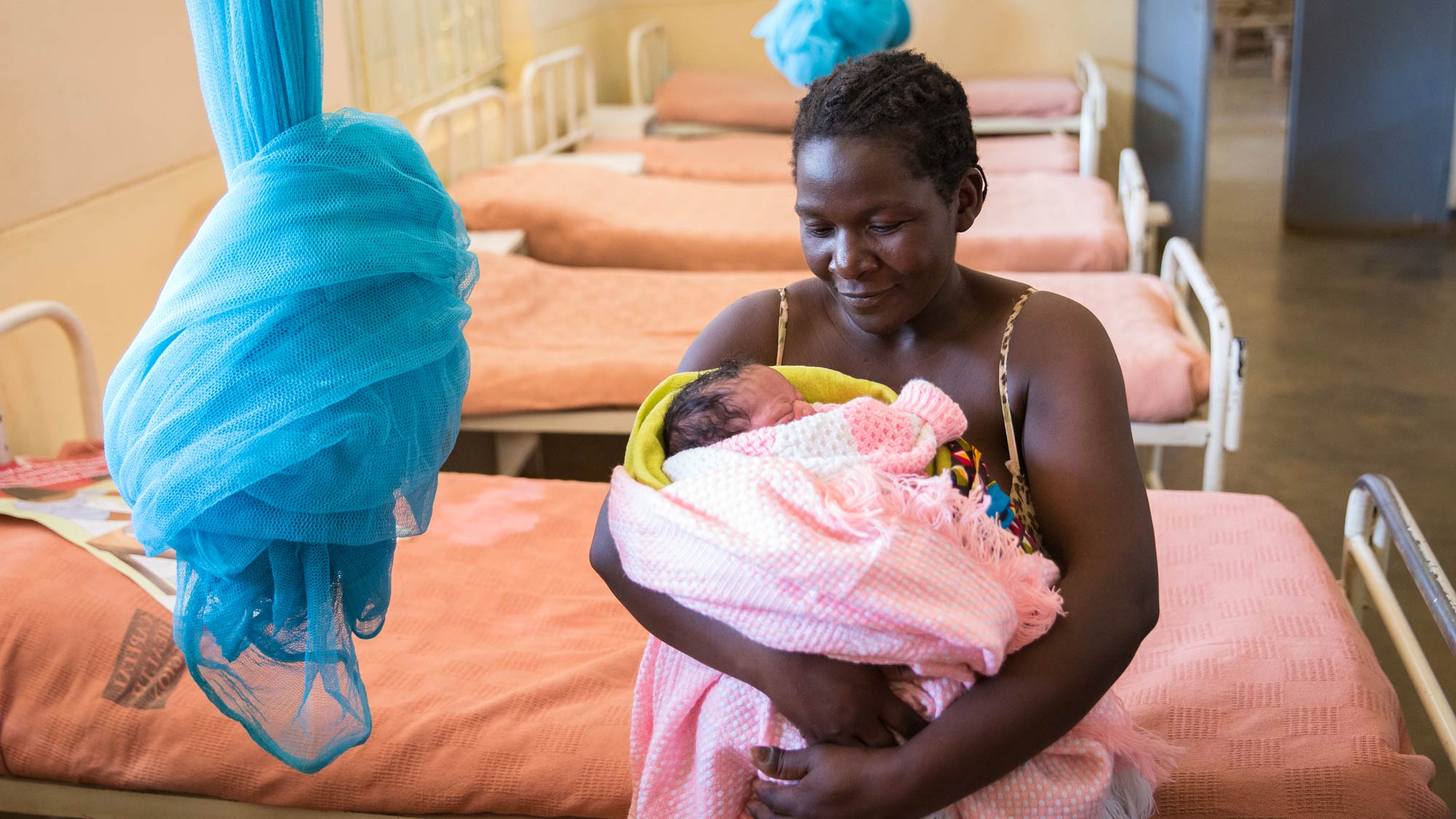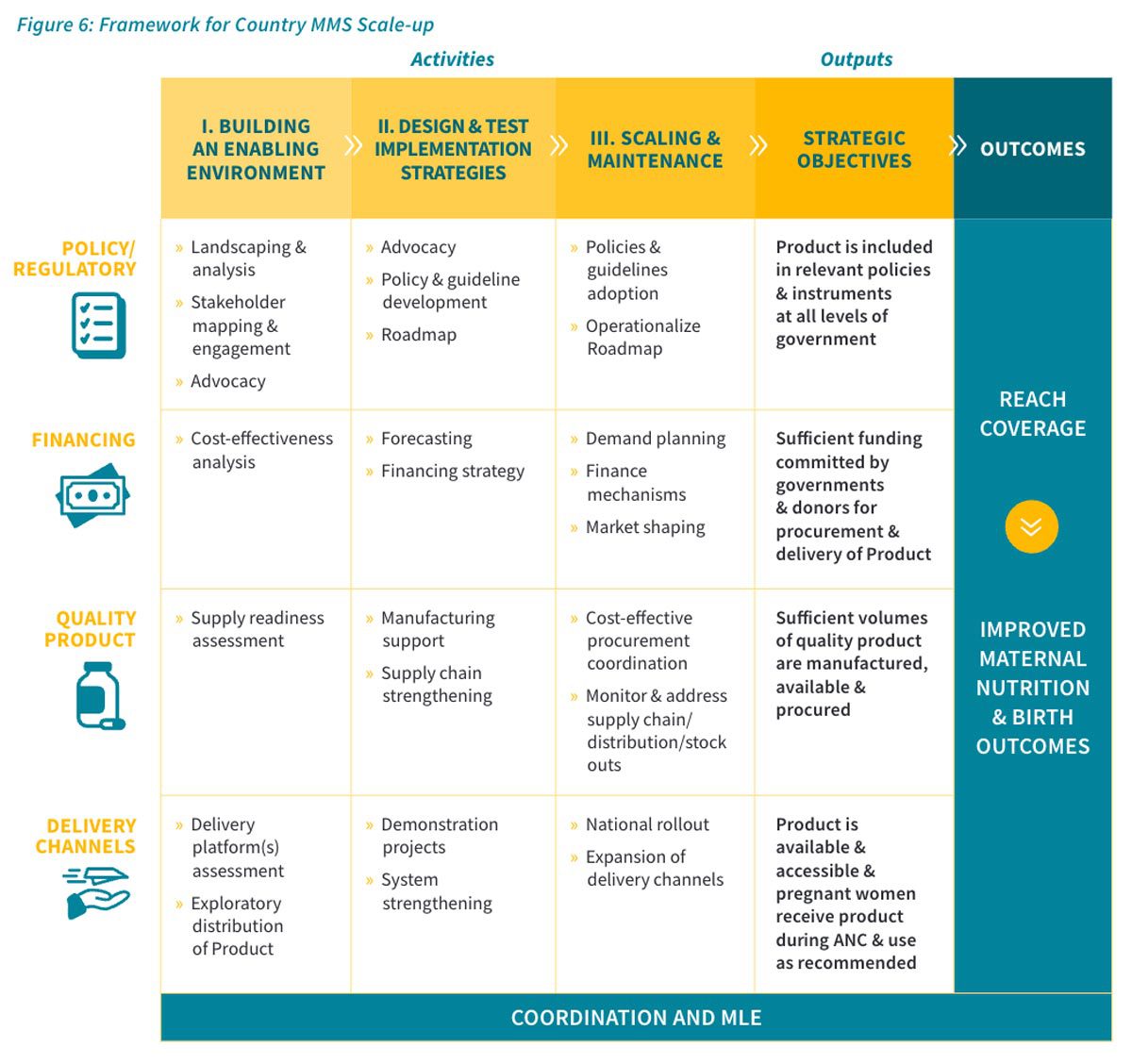Convening to Promote an Evidence-Based Framework to Accelerate Action on MMS

Earlier this month representatives from Vitamin Angels, including our Chief Nutrition Officer, Kristen M. Hurley, PhD, MPH attended Nutrition 2024, hosted by the American Society for Nutrition, an academic conference bringing together leaders in the field of nutrition from across the world. The conference is attended by top scientific researchers, practitioners, global and public health professionals, policy makers and advocacy leaders, industry, media and other related professionals gather to advance nutrition science and its practical application.
At the conference, Vitamin Angels took part in a side session, supported by the Initiative to Advance Implementation Science in Nutrition, a collaboration between the Center for Human Nutrition at the Johns Hopkins Bloomberg School of Public Health and the Vitamin Angels, which aims to generate and disseminate evidence to advance maternal, infant, and young child nutrition (MIYCN) programming across the globe. The side session was attended by experts from across the field of nutrition to illuminate progress and challenges in researching, introducing, and implementing multiple micronutrient supplementation (MMS) across diverse health systems.

Here are some key takeaways from this side session, which can be used to help inform how researchers can support and accelerate global MMS introduction and scale-up in 2025:
1) Researchers have valuable insight utilizing Implementation Science (IS) to support the introduction and scale-up of MMS at the national level. We should look to their experiences to move the global policy agenda forward. A global investment roadmap for multiple micronutrient supplementation points to an agreed upon evidence-based framework, and pathways for funding it.

2) There is an opportunity to utilize this scientific approach in countries that are working to introduce, and ultimately scale, MMS. Those programs can use this evidence-based framework, which goes above and beyond standard randomized-control trials, to ensure this life-saving intervention can be effectively delivered.
3) There is interest in exploring collaborative research and dissemination activities as important events like the International Congress of Nutrition and the Micronutrient Forum conference approach in 2025 and 2026. We should galvanize this interest to ensure we, as scientists, are able to contribute meaningful evidence to the decision-makers gathered there and ultimately to inform global policy dialogues.
We would like to thank Kristen M. Hurley for coordinating the meeting, as well as Dr. Keith West, Masako Horino, Dr. Rebecca Heidkamp, and Dr. Clayton Ajello for participating in the session as speakers. Their presentations helped to inform next steps for how we may work together, in a coordinated fashion, to accelerate collective action toward scaling up MMS. Finally, thank you to all those who attended the session. We extend our sincere thanks for your attendance and thoughtful engagement. We’re looking forward to continuing the conversation in the months to come.
